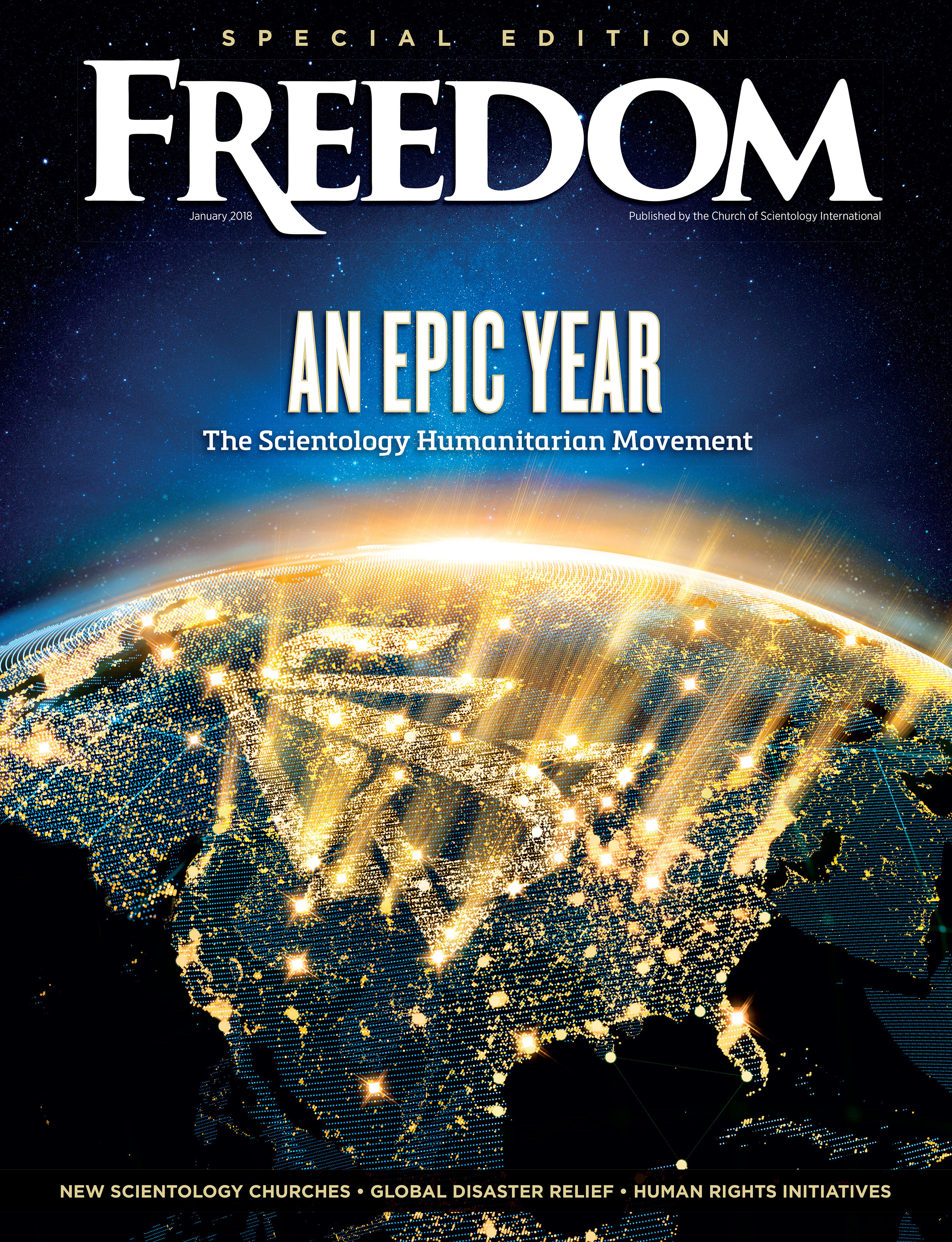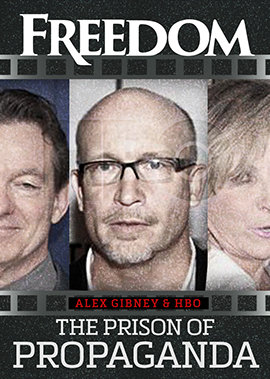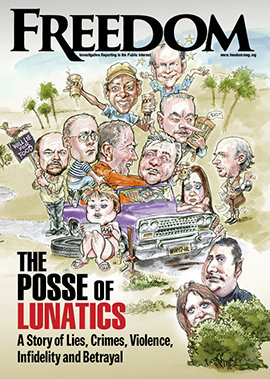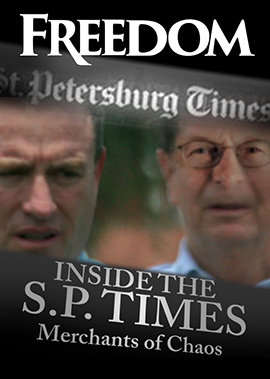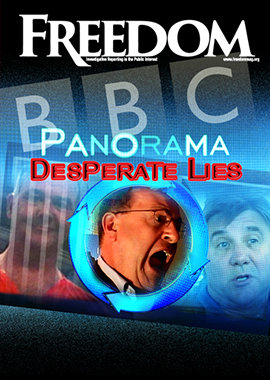Individuals today often face bitter, even violent opposition from those in power as punishment for practicing their deeply held beliefs.
Such governments will silence, defame and belittle believers, burn and destroy houses of worship, and even commit assaults and murder in the name of orthodoxy.
It calls to mind the innocent question: Can’t we all just get along?
Apparently not.
“Religious freedom is not a contingent privilege but an inalienable right, indispensable to the full realization of human potential.”
Aid to the Church in Need (ACN), an international Catholic foundation headquartered in Germany that fights to protect religious freedom worldwide, announced in their new biennial report that two-thirds of the global population—or about 5.4 billion people—live in 62 countries where religious beliefs and practices are under fire from local and national sectarian and repressive authorities.
In 24 countries, citizens endure continual persecution and, in 38, some face discrimination so severe they have no choice but to flee their homes and communities.
Entitled “Religious Freedom in the World,” the report found that religious repression has sharply increased in recent years, and that there’s scarcely a corner of the planet where believers don’t suffer for their beliefs—sometimes paying for them with their lives.
“Where religious freedom thrives, peace, justice and the full dignity of the human person are strengthened,” the report states. “Religious freedom is not a privilege—it is a fundamental human right.”
Article 18 of the United Nations Universal Declaration of Human Rights declares, “Everyone has the right to freedom of thought, conscience and religion.”
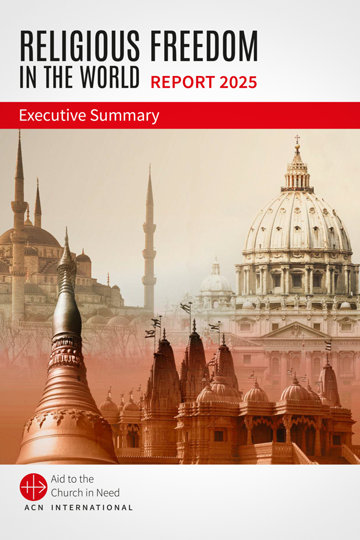
Yet, as ACN reports, this precious right is vanishing at an alarming rate.
In Greece, more than 600 churches have been vandalized, while in Canada, 24 churches were destroyed by arson in less than three years.
Ethno-religious nationalism fuels persecution across India, Myanmar, Sri Lanka and Nepal. In Nigeria, Haiti and Mexico, organized gangs or bandits have targeted believers—looting churches, kidnapping ministers and killing those who stand for their faith.
“In France, antisemitic acts increased by 1,000 percent, while anti-Muslim hate crimes rose by 29 percent,” the report states. “Germany recorded 4,369 offenses linked to the [Middle East] conflict—up from just 61 in 2022.”
In Pakistan, China, North Korea and elsewhere, authoritarian governments are using artificial intelligence and other digital means to monitor and repress religious groups.
In places like these, practicing a minority religion isn’t merely difficult, it can be fatal.
The lessons of the Crusades, of Ireland’s long “Troubles” between Protestant and Catholic, and above all, of the Holocaust, show just how catastrophic religious bigotry can be.
It doesn’t have to exist. Yet it does.
“Religious freedom is not a contingent privilege but an inalienable right, indispensable to the full realization of human potential,” the Vatican’s Secretary of State Pietro Parolin said. “It is incumbent upon governments and communities alike to refrain from compelling anyone to violate their deeply held convictions or obstructing anybody from living them out authentically.”
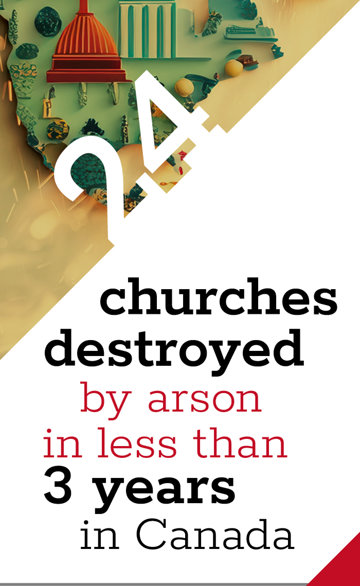
Brendan O’Hara, a member of the British Parliament, said, “We cannot allow the issue of freedom of religion or belief to be ghettoized, or hived off, or [to become] something which is deemed too complicated or uniquely challenging.
“Freedom of religion or belief is a fundamental, inalienable human right, and it has to be treated and seen as such.”
“The right to live according to one’s conscience and faith is enshrined in Article 18 of the Universal Declaration of Human Rights,” Regina Lynch, ACN executive president, said.
“More than a legal guarantee, it is the heartbeat of human dignity, reminding us that every person is called to seek the truth, to embrace it and to shape life around it. Where this right is respected, peace and justice can flourish; where it is denied, the human spirit is diminished and society loses its very foundation.”
Indeed it does, and that’s exactly what the report found is happening all around the world.
“I support Aid to the Church in Need and everything they do and their marvelous work on behalf of persecuted Christians worldwide,” Sir Edward Leigh, senior member of the British House of Commons, said. “[The report] will be a powerful weapon to protect persecuted minorities around the world.”
It is time—well beyond time—for the world to realize that the practice of another’s religion is no threat to one’s own.
Yes, we can all just get along.
In fact, we must.








